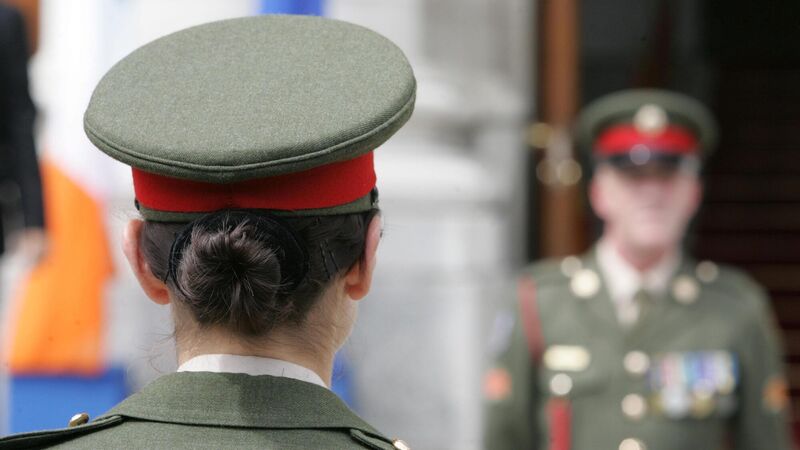Michelle Dunne: The Defence Forces is in crisis: It's time to pull out the weeds

People who join the Defence Forces need to know they will be awarded the respect they deserve. Picture: Leon Farrell/RollingNews.ie
As a former member of the Irish Defence Forces, I’ve been following the Women of Honour movement over the past few years, and I’ve been in awe of the courage that the women involved have shown.
It’s not easy to speak out against your employer and it’s even more difficult to go up against such a large institution, especially one that is so resistant to change.













